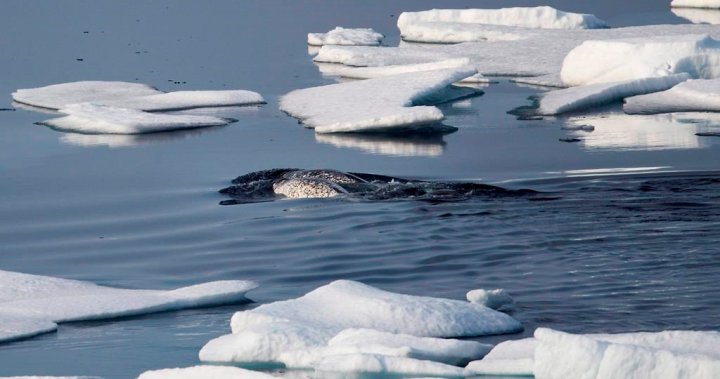The Atlantic waters experienced record-breaking high temperatures this summer, a concerning development for conservation experts who believe it could have negative effects on marine life and ocean circulation in the future. The North Atlantic, particularly off the eastern coast of Atlantic Canada, was significantly impacted by heat waves. According to the Copernicus Climate Change Service (CCCS), some areas saw daily anomalies of six to eight degrees Celsius (C) or higher during the second half of July. In July as a whole, the average anomaly was 1.05 C, which the CCCS describes as “exceptional.” These temperatures are concerning because they can disrupt ocean systems and biodiversity. Global waters as a whole have also experienced unusually high sea surface temperatures since April. The highest temperature recorded by the CCCS this year was 20.96 C on July 31, slightly surpassing the previous record of 20.95 C in March 2016. The Fisheries Council of Canada expects to see the consequences of warming waters in the coming years, which could have a negative impact on jobs in the sector. One major concern is the disruption of food webs in the marine ecosystem. A change in temperature can alter the availability of prey for predators, leading to starvation and extinction. This disruption has been observed in the past during marine heatwaves. For example, a marine heatwave between 2014 and 2016 caused significant disruption to the humpback whale population in Southeast Alaska, leading to decreased birth rates and survival rates. The cascading consequences of disrupted food webs can affect the entire ecosystem. Rising sea temperatures will make it more challenging to mitigate these disruptions. Conservation experts are particularly concerned about species that are highly dependent on specific conditions, such as narwhals that rely on sea ice. Urgent action and ambitious policies are needed to reduce greenhouse gas emissions and address the effects of climate change on marine ecosystems. Protecting and conserving a significant portion of Earth’s lands and waters by 2030 is one of the targets set in the Kunming-Montreal Global Biodiversity Framework. Protected conservatories play a crucial role in providing safe habitats and refuges for species impacted by climate change. Rising sea surface temperatures can also have socio-economic impacts on industries such as fisheries, aquaculture, and tourism. They can also influence the formation of hurricanes, as warmer Atlantic sea surface temperatures counterbalance the typically limiting atmospheric conditions associated with El Nino events.

National: Implications for Marine Life as the Atlantic Experiences Unprecedented Heatwaves
Denial of responsibility! Swift Telecast is an automatic aggregator of the all world’s media. In each content, the hyperlink to the primary source is specified. All trademarks belong to their rightful owners, all materials to their authors. If you are the owner of the content and do not want us to publish your materials, please contact us by email – swifttelecast.com. The content will be deleted within 24 hours.
